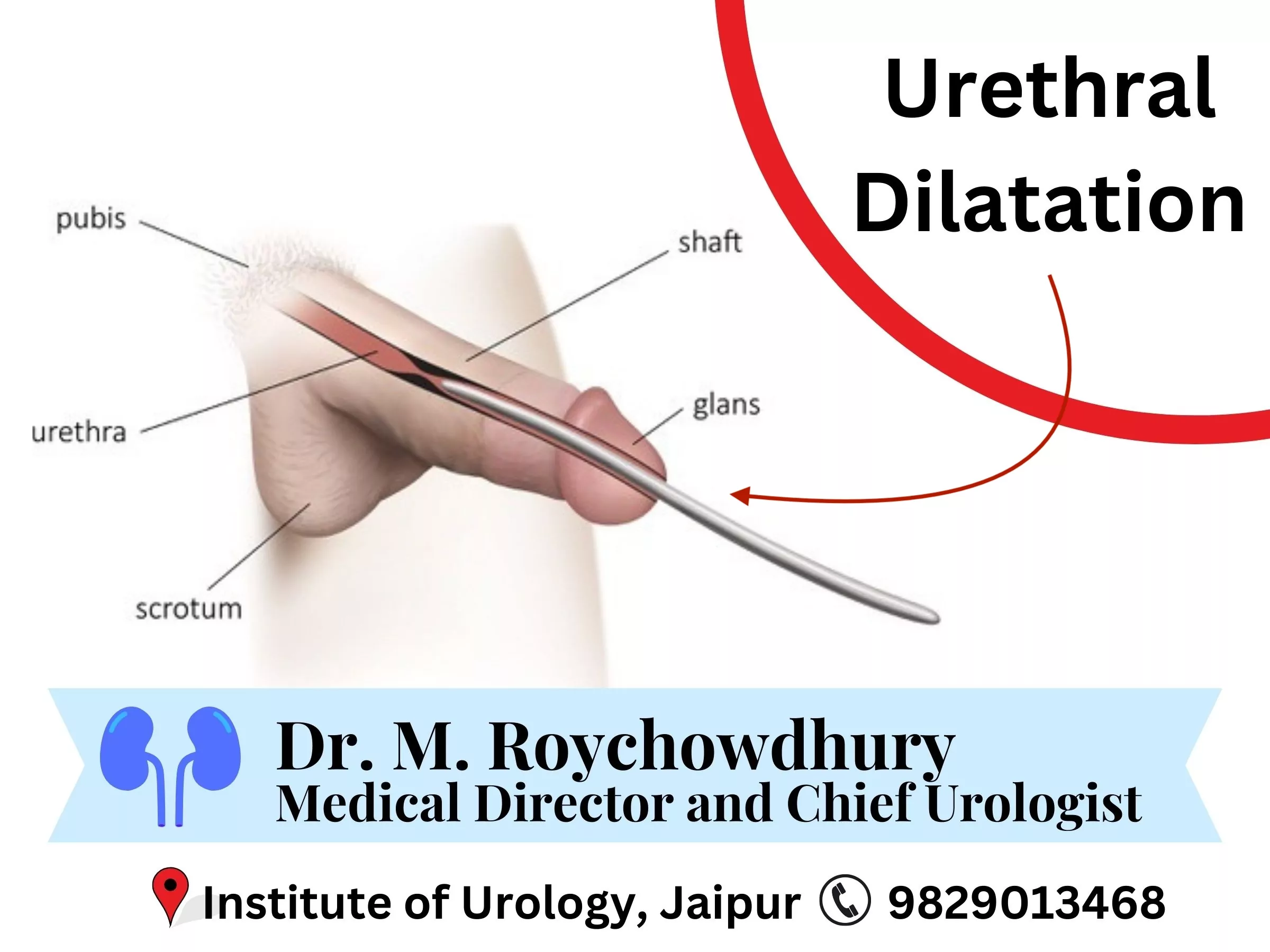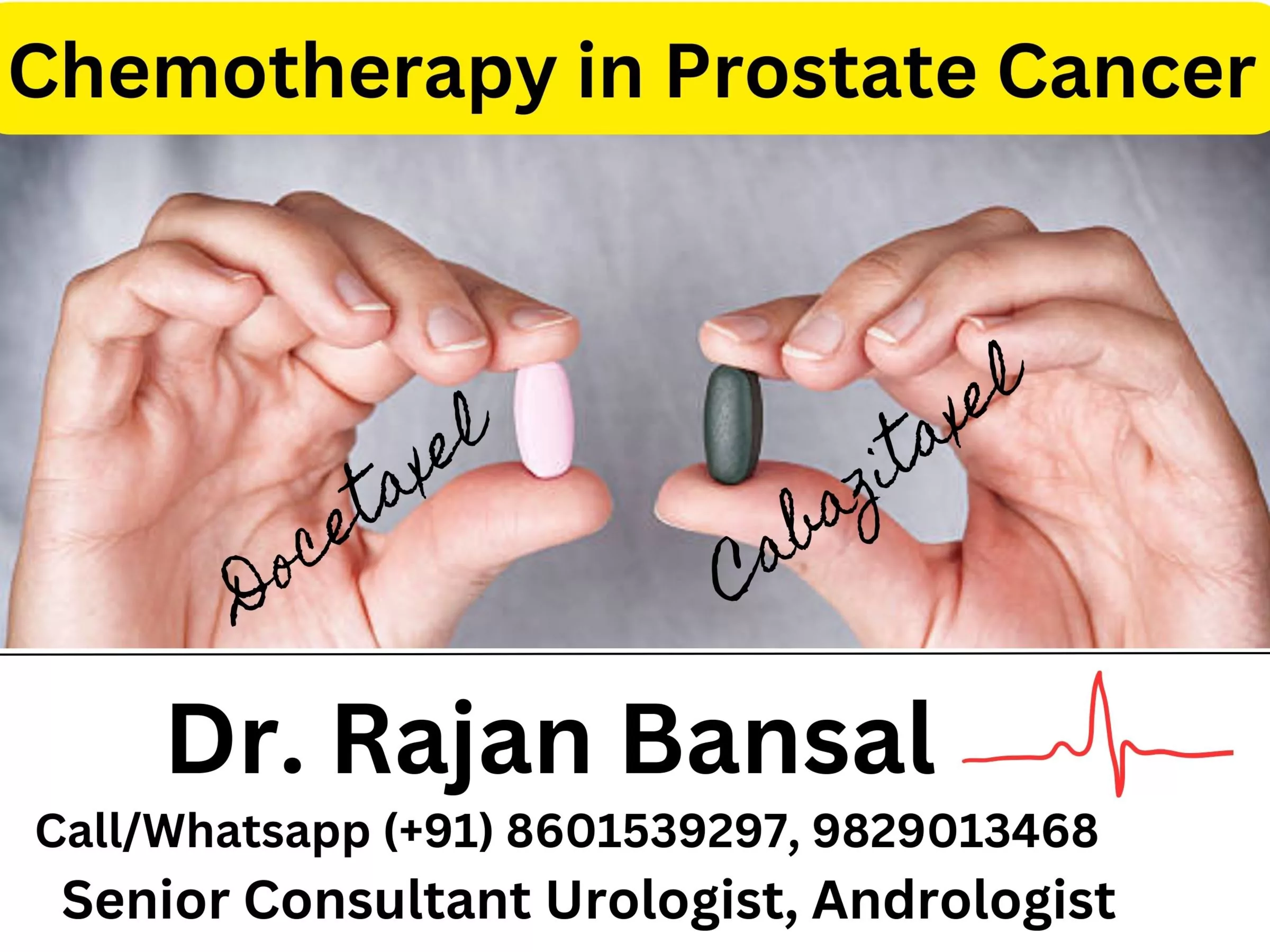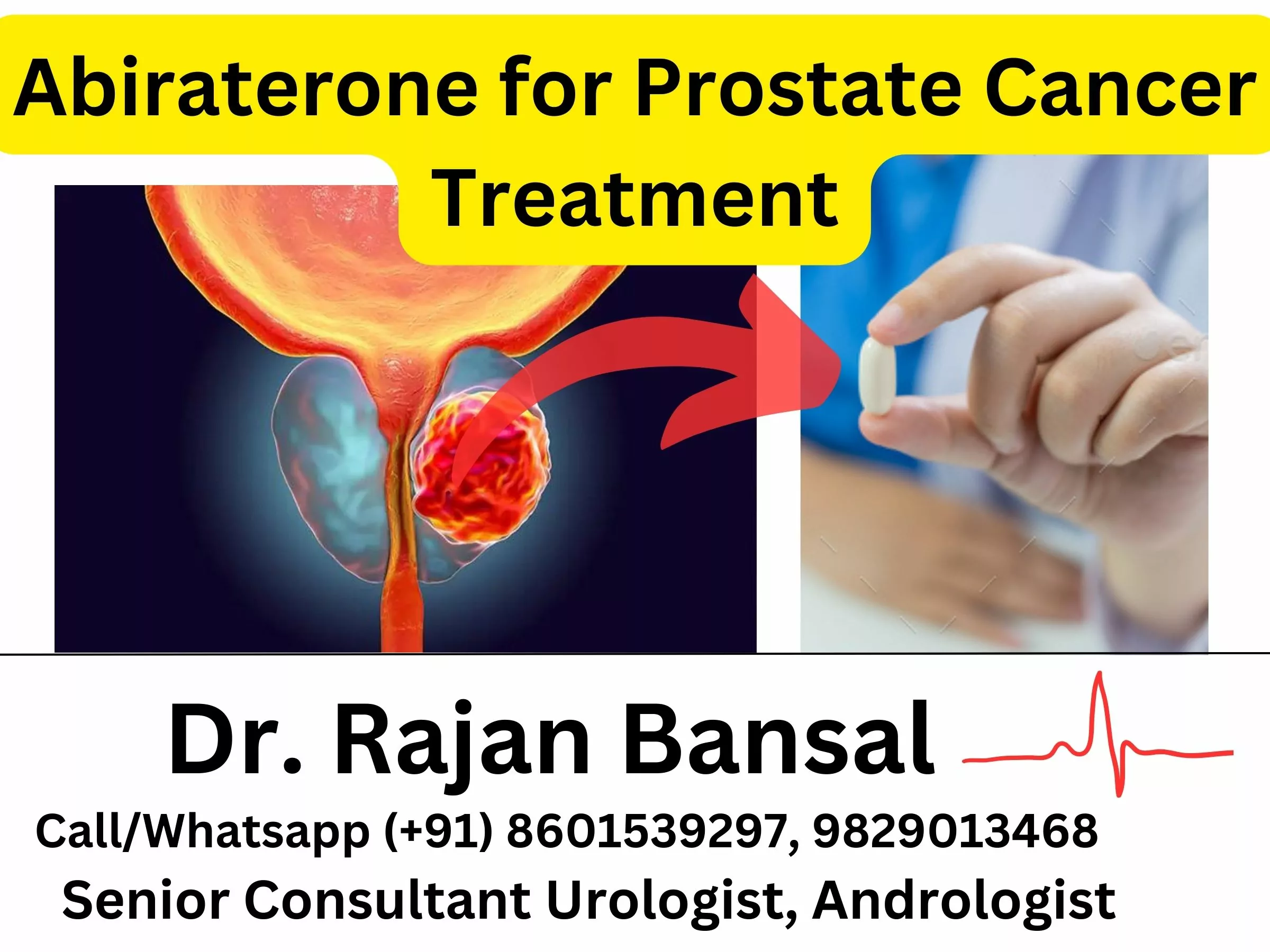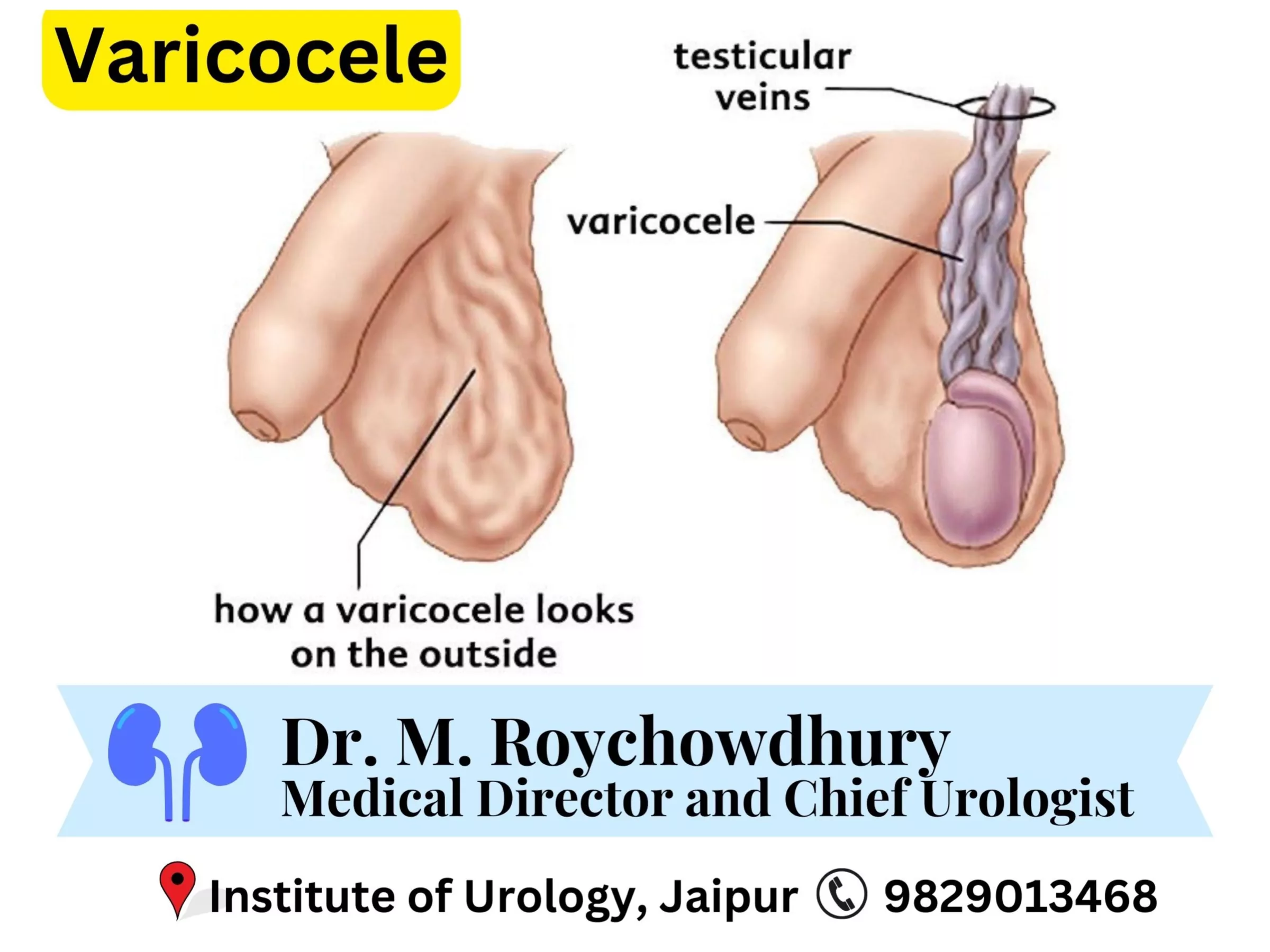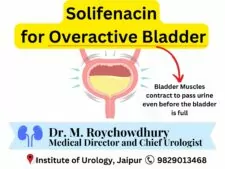Prostate Laser Surgery / Laser Prostatectomy – All your questions answered by Dr. Rajan Bansal: Prostate enlargement also known as Benign Prostatic Hyperplasia is a very common condition affecting men over the age of 50 years. Based on the symptoms and size of the prostate, a urologist is able to perform certain tests and determine if it can be managed by dose regulated medications or it would need surgery. When the need arises, preponderantly, TURP or Trans- Urethral Resection of prostate has been the most commonly performed operative procedure for prostatic enlargement.
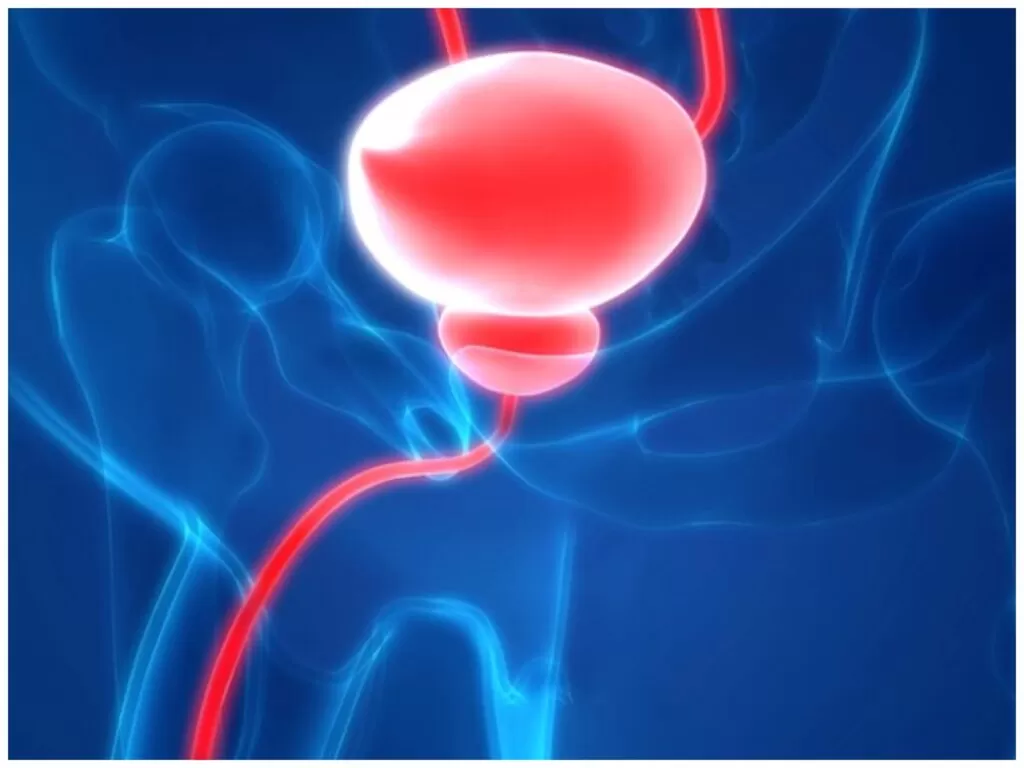
With growing advancements in technology, we now use lasers in operative procedures. Lasers are superior to traditional TURP because they reduce morbidities/side effects, reduce the duration of anaesthesia as well as reduce hospital stay time for the patient.
Prostate is a male reproductive gland situated right below the urinary bladder, surrounding the urethra (urine pipe) from all sides. As the prostate grows, it puts pressure on the urine pipe due to which patient starts facing different urinary symptoms. That is why it is most important to see a urologist as he will be able to properly evaluate and tell if the problem is arising from the prostate or somewhere else. There is nothing better than early detection and prompt intervention.
How is a Laser Prostate Surgery performed?
There are no incisions made on the skin when a Prostate Laser Surgery / Laser Prostatectomy is performed. The urologist inserts a scope (camera) through the urethra (opening of the urine pipe). There is a thin laser fibre which is passed through the scope. The highly specialised laser machine that we have, passes lasers of a particular energy that are just sufficient to detach the enlarged prostate tissue from its capsule. The state of the art HoLEP (Holmium laser enucleation of the prostate) is able to give best results for some really big sized prostates in patients.
After the prostate is enucleated, with the help of a morcellator, it is cut into very tiny pieces so that they can easily be removed through the urinary pipe itself with the help of suctioning, and no separate incisions have to be made. Once the prostate tissue pieces are removed and suctioned out, a catheter is placed to drain the urine.
How long does it take to get back to normal after prostate surgery?
As the laser removes the blockade on the passageway of the urine, there is a dramatic improvement in the urine flow. Urinary symptoms improve alongside healing of the prostatic cavity. In maximum number of patients, the improvement is seen within a week, but in some patients the symptoms like urgency, frequency and nocturia can take upto 3 months to improve.
Can Sex life be Normal after prostate surgery?
After undergoing a prostate surgery, one of the most common silent concerns of patients is about their sex life. It is always best advisable to speak freely about all your concerns with the consultant urologist. Usually, patients are advised to give 4-6 weeks time for internal healing of the prostate before they can resume sexual activity. In most cases, patients are safely able to revert to their sex life comfortably after 6 weeks time. Vast majority of patients go back to attaining normal erection and ability to reach climax is not affected.
Retrograde ejaculation is a common entity amongst post operative cases of prostrate surgery. In this process, the semen goes into the bladder instead of coming out. However, it is completely acceptable because it absolutely does not affect anyone’s ability to perform or attain orgasm.
We are always 100% transparent with our patients. It is therefore important to mention the complications. In very rare cases ( ~1%) there are chances of Erectile Dysfunction. This condition can be managed through medications.
What are the immediate complications after Prostate Surgery
Bleeding is a very rare immediate complication seen after prostate surgery. But it can be managed carefully by an expert urologist. Another complication is urinary incontinence. This is usually short lasting and the patient recovers in a few weeks with proper post operative follow up and treatment.
Are there any possible long term complications?
A few patients may develop stricture urethra (narrowing of urine pipe) and Bladder neck contracture (narrowing of prostatic cavity). These complications can be avoided and managed with careful guidance and sometimes need a few minor interventions as required.
Is Prostate Surgery Painful?
Like I mentioned above, there are absolutely zero incisions made on the skin during a laser prostate surgery. During the surgery, our expert team of the operation theatre staff and consulting anaesthetists make sure to provide utmost level of comfort to the patient. You will be under spinal/regional anaesthesia (or general in some cases where the consulting anaesthetist decides best for you), and you will be sleepy through out the procedure, you will not feel anything.
After the Prostate Laser Surgery / Laser Prostatectomy, for a few days, you might experience some burning or stinging sensation at the tip of the penis. This is caused due to the instruments that were used to perform the laser surgery. This symptom goes away shortly. There might also be some discomfort in the groin area for a couple of days. These symptoms go away within a few days and are easily managed with the help of pain medications. Do not hesitate to discuss about the tiniest detail with your consulting urologist.
Do Blood Thinners need to be Stopped Prior to Surgery?
It is best to discuss about ongoing medications and existing medical conditions with the treating urologist. Our experts will advise the best possible course of action personalised to your needs. Largely speaking, Clopidogrel needs to be stopped 5 days before the surgery. Another commonly used drug, Ecosprin when being taken in a dose of 150 mg, needs to be stopped 7 days prior. However, Ecosprin 75 mg need not be stopped in cardiac cases when undergoing a laser surgery. However, these figures are only for information. Your urologist will individualise the drugs and dosages for you. So always remember to tell the doctor about all your medical history.
Are any Exercises Recommended after Prostrate Surgery?
We encourage our patients to start doing pelvic floor exercises around 4-6 weeks after surgery. These exercises help by strengthening the muscles and make sure we can avoid problems with incontinence. Exercises also help in rare patients who might develop erectile dysfunction.

